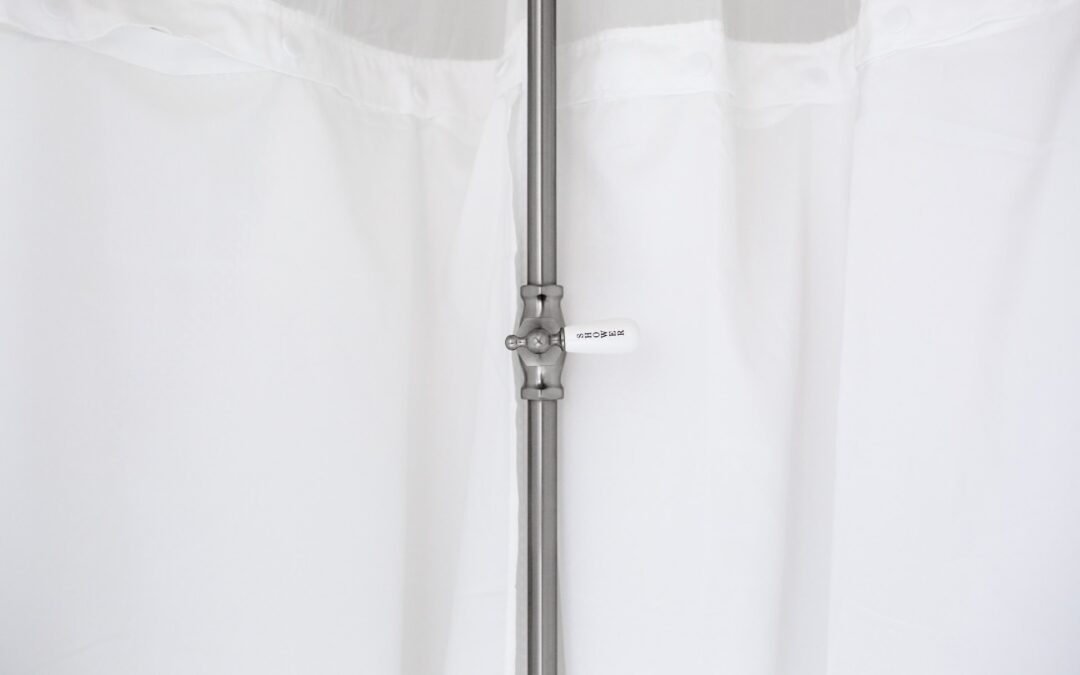Water Heater Signs
Most of us never give a second thought to our water heater until we turn on the shower or sink and find no hot water. The truth is hot water heater problems typically occur long before the unit fails. It is important to be aware of the warning signs that will help you identify if your water heater needs repair or replacement. They are:
Water Temperature Fluctuation – The water temperature fluctuates even if you haven’t made any changes to it. This usually occurs due to the accumulation of mineral deposits around the water heating components of the heater.
Reduced Hot Water Pressure – The accumulation of mineral deposits in the heating components of the water heater can end up blocking pipes. This condition will reduce the pressure of the water coming from the water heater.
Hot Water Leakage – A small amount of water may trickle down the water heater when there is a leak making the damage unapparent until substantial harm is done. To prevent further damage, you should get your water heater inspected regularly.
Hot Water Disappears – If hot water vanishes faster than usual then it is a sign that there is something wrong with the element or burner of your water heater.
Cloudy Water with an Unpleasant Smell – The change in water texture and smell is caused by the mineral deposits in the water heater. Water with a strange odor could also be a sign of a bacterial infection developing within the tank.
Rusty Water – If you notice rusty water coming from both your hot and cold-water taps then the problem is probably with your water pipes. However, if you notice metallic water only in the hot water tap, then it is time to call a plumber. The heater contains a metal pole made from magnesium and aluminum; it can lead to rusty water when this pole gets damaged.
Unusual Sounds Emanating from Your Water Heater – There are certain sounds you should listen for, such as creaking, rattling, banging, knocking, or whining that may indicate possible signs of trouble.
The normal lifespan of most water heaters is 10-15 years. If your unit is within this age range or older, upgrading to a new unit will not only provide greater system efficiency but is also likely to lower your energy bills.
For more information on the plumbing profession visit https://socalplumbers.com/. If you have found this article to be helpful and you would like to join the SoCal Plumbers mailing list to receive similar useful information, please go to https://socalplumbers.com/email-signup/.


